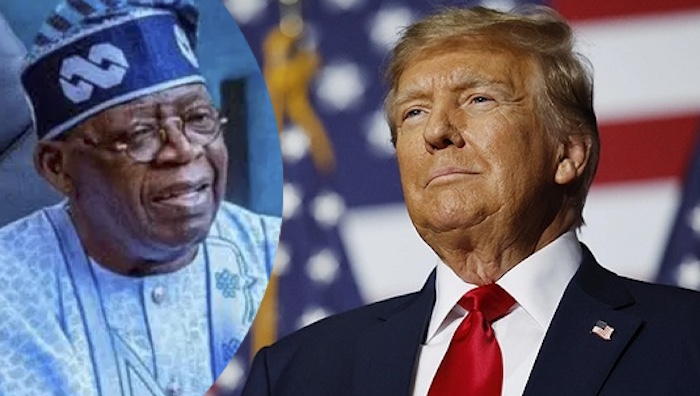
The Chief Executive Officer of the Nigerian Midstream and Downstream Petroleum Regulatory Authority (NMDPRA), Farouk Ahmed, has raised alarm over the adverse impact of U.S. foreign policy decisions particularly those attributed to former President Donald Trump on Nigeria’s oil-dependent economy.
Speaking during a Meet-the-Press session organized by the Presidential Communications Team at the Aso Rock Villa, Abuja, Ahmed noted that the unpredictable nature of global oil markets, combined with domestic production issues, is creating serious revenue challenges for Nigeria.
Ahmed pointed out that while falling prices of petroleum products may appear beneficial to Nigerian consumers in the short term, the broader consequences for the country’s economic health are grave.
“As consumers, lower pump prices seem like a relief. But for a nation that depends significantly on crude oil exports for foreign exchange earnings, this is a serious concern. Our revenue inflows are taking a hit,” he said.
U.S. Policy Volatility Creating Global Ripples
Ahmed specifically blamed policy instability from the United States, singling out erratic decisions made under the leadership of President Donald Trump as a contributing factor to the ongoing market volatility.
“What’s destabilizing the global market even more are the inconsistencies in U.S. policies,” Ahmed stated. “President Trump has shown a pattern of announcing one policy direction today, only to reverse it tomorrow. This unpredictability makes it nearly impossible to forecast where the market is headed.”
He cited a sharp price drop from $73 to $60 per barrel within a single trading day as an example of how vulnerable Nigeria’s oil revenues are to global market swings influenced by U.S. actions.
Ahmed further explained that Trump’s aggressive trade measures including tariff wars with China and threats of duties on other major economies have disrupted global trade flows and weakened investor confidence. These actions, often sudden and without clear long-term strategy, have negatively affected crude oil pricing by injecting uncertainty into the global market.
“Traders and investors are reacting with caution. Many are engaging in day-to-day trades without long-term commitments due to fears that the next American policy could dramatically alter the market again,” he said.
Domestic Challenges Worsening the Situation
While international policies play a significant role in destabilizing the market, Ahmed also pointed to homegrown challenges. Issues like pipeline vandalism, oil theft, and declining production capacity are deepening the crisis.
Recent data from the Organization of Petroleum Exporting Countries (OPEC) shows that Nigeria’s oil output has declined to around 1.4 million barrels per day well below its potential and its OPEC production quota.
“These are not just numbers, they translate directly to reduced national income. When global prices fall and domestic output also drops, it’s a double blow to our economy,” Ahmed said.
Strategic Response and Future Outlook
Ahmed reiterated the need for Nigeria to take strategic steps to insulate its economy from external shocks. While short-term solutions may include strengthening local refining capacity and increasing gas utilization, he emphasized the importance of diversifying the economy beyond oil.
“Our long-term security lies in building a robust non-oil sector, expanding domestic refining, and investing in gas infrastructure,” he said.
As the global oil market remains volatile, the NMDPRA chief urged Nigerian policymakers to prepare for continued uncertainty. He also called for closer coordination with global partners and more stable trade and investment environments.
“Ultimately, Nigeria must reposition itself to adapt swiftly to global trends while minimizing the risks associated with dependency on oil exports,” Ahmed concluded.





